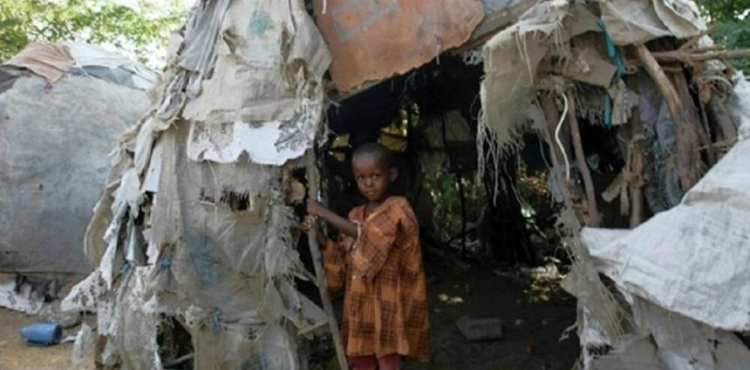The Covid-19 pandemic has transformed mice into a main dish of the diet of the poorest groups threatened with hunger in Malawi, after it was just a kind of snack to be eaten between meals.
On a stretch of 320 kilometers between the main cities of Blantyre and Lilongwe, dozens of people are setting up rat-meat skewers.
In Wenzhou, halfway across the road, Bernard Simeon is one of them. "We catch the mouse to earn a living. We use it as a supplement to our daily diet, and we sell it to passers-by on the road in order to get an income," said this farmer.
"We used to suffer financial difficulties before the pandemic, but now the situation is worse," he added.
Malawi, located at the southern tip of Africa, is one of the poorest countries in the world. More than half of its population of 18 million live below the extreme poverty line.
As in other countries of the world, the health measures taken to confront the pandemic have left a severe impact on the agricultural economy of Malawi and the living conditions of its citizens, noting that official figures indicate 5,400 injuries and about 170 deaths to date.
The World Bank expects Malawi’s GDP to decline this year by 3.5 percent.
The local association "Ekam" for employers has calculated that the number of employees who spend daily is 1,500, and it expects the cumulative number to reach 680,000 by the end of 2020.
The government of former President Peter Mutharika, who lost the elections last May, had promised an urgent aid program for the poorest, but this program was never implemented. The government of the new president, Lazarus Chakwira, is still working on its aid plan.
Meanwhile, the health and economic crises have exacerbated food insecurity for many Malawians who are forced to try to survive to eat what they need.
"We usually rely on my husband and his work (...), but on difficult days we rely on mice because we no longer have the means to buy meat," said Yankho Shalira, Bernard Simeon´s wife.
Mice are not a new dish in the countryside of central Malawi, and they are eaten grilled on a skewer and salted as a snack between meal and meal.
"As a child, we used to learn to catch mice from the age of three," said former MP and successful musician Luclos Banda. "In the village, this activity was not considered hard work, but boys as well as girls viewed it as a kind of entertainment," he added.
The inhabitants of this region prefer the gray, short-tailed mice, and gourmets know them as "Kabuko".
"I still eat mice, because they remind me of my childhood, and not for other reasons," said Panda.
"Health authorities strongly recommend consuming mice as an alternative to meat that is no longer available to buy," noted Director of Health Ministry nutritionists Silvestre Kathumba. He stressed that rat meat "is an excellent source of protein."
As for the nutrition officer in Balaka District, Francis Nthalika explained that the ministry "encourages a rich diet," given that the epidemic affects especially "those with a weak immune system."
But this renewed interest in mice alarmed environmentalists, who took up the means to catch them.
Hunters set fire to wooded spaces to discover rat burrows.
The director of the non-governmental organization "Aziuna Development Services" in Palakadan, Mafuicesa, complained that "in this way the fishermen are destroying the environment."
"We understand the need for these poor people to live, but they do not realize that they are negatively affecting the environment, and thus contribute to ... climate warming," he said.












